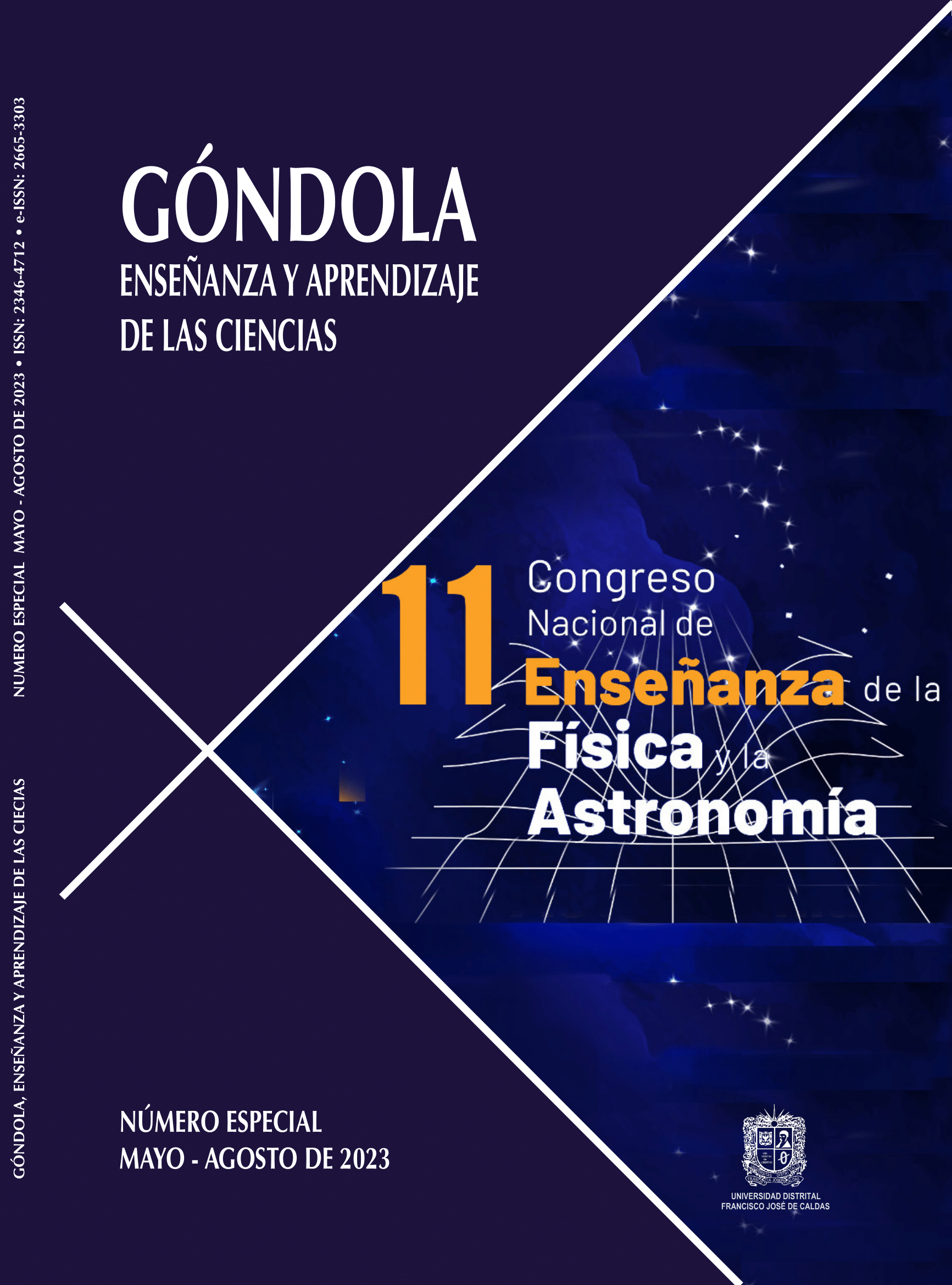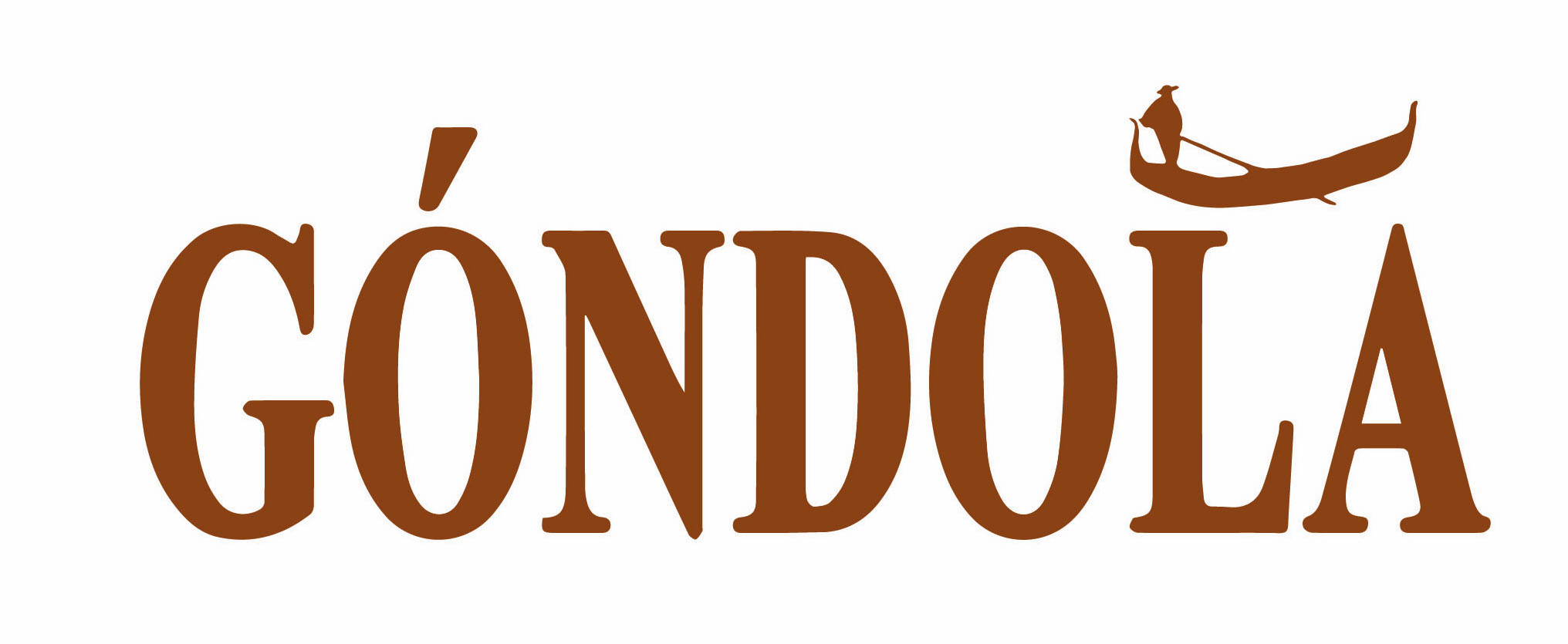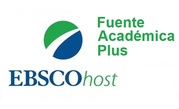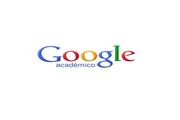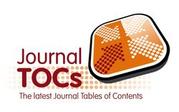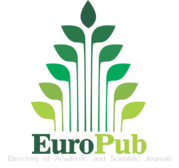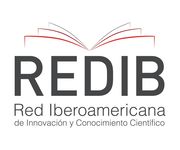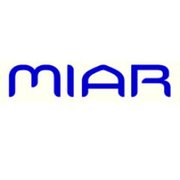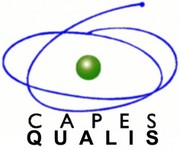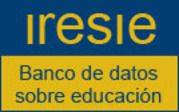DOI:
https://doi.org/10.14483/23464712.21373Published:
2023-10-09Papel de la Práctica Pedagógica en la Formación Inicial de Licenciados en Física: Un Estudio Interpretativo desde sus Reflexiones
Role of Teaching Practice in the Initial Training of Physics Graduates: An Interpretive Study from their Reflections
Papel da Prática Docente na Formação Inicial de Graduados de Física: Um Estudo Interpretativo a partir de suas Reflexões
Keywords:
pedagogical practice, initial training, degree in physics (en).Keywords:
práctica pedagógica, formación inicial, licenciado en física (es).Keywords:
prática pedagógica, formação inicial, licenciatura em física (pt).Downloads
Abstract (es)
Pedagógica Nacional, se han emprendido acciones para sistematizar la práctica pedagógica que realizan sus estudiantes en los diferentes escenarios, con el fin de fortalecer dicha formación desde la reflexión, interpretación y comprensión del quehacer docente. En ese orden, se realiza el análisis de los informes de práctica pedagógica que presentan los estudiantes al finalizar su semestre académico, donde se sintetiza la reflexión que surge del proceso de inmersión. Entre los hallazgos se evidencia que los procesos de práctica giran alrededor de los siguientes ejes: 1) la importancia de reconocer los documentos en los que se sustenta la acción educativa en la institución. 2) El desarrollo de actividades que propician la enseñanza y aprendizaje de la disciplina y 3) Aspectos que tienen impacto directamente en la formación del licenciado en Física. En cuanto al primer elemento, se observa que se asume como una "tarea" que se tiene que cumplir de manera "obligatoria" en los procesos de intervención, sin embargo, llama la atención que esta revisión no trasciende en el discurso de los estudiantes. Es oportuno, en los seminarios y encuentros con maestros tutores, enseñar a reflexionar sobre lo que implica el currículo, no solo, lo descrito en los documentos oficiales, sino de las dinámicas propias de la escuela (el currículo oficial, el oculto, el operacional, entre otros). En el segundo, se reitera la importancia de la interacción con los estudiantes de la educación básica y media, como posibilidad de desarrollo de habilidades en el maestro y finalmente, en el tercer aspecto, se considera que el ejercicio de la labor posibilita identificar vacíos conceptuales, establecer acciones para superarlos, aprender a construir guías y potenciar su ejercicio comunicativo y en general el manejo de grupos.
Abstract (en)
In the curricular program of Licenciatura en Física of the Universidad Pedagógica Nacional, actions have been started to systematize the pedagogical practice carried out by its students in the different school contexts, to strengthen said training from the reflection, interpretation and understanding of the teaching task. The analysis of the pedagogical practice reports presented by the students at the end of their academic semester is carried out, where the reflection that arises from the immersion process is synthesized. Among the findings, it is evident that the practice processes revolve around the following topics: 1) the importance of recognizing the documents on which the educational action in the institution is based. 2) The development of activities that promote the teaching and learning of the physics and 3) Aspects that have a direct impact on the training of the physics teachers. Regarding the first element, it is observed that it is assumed as a "task" that must be fulfilled in a "compulsory" manner in the intervention processes, however, it is striking that this review does not transcend the discourse of the students. It is opportune, in the seminars and meetings with tutor teachers, to teach to reflect on what the curriculum implies, not only what is described in the official documents, but also the dynamics of the school (the official curriculum, the hidden one, the operational, among others). In the second, the importance of interaction with students of basic and secondary education is reiterated, as a possibility of developing skills in the teacher and finally, in the third aspect, it is considered that the exercise of the work makes it possible to identify conceptual gaps, establish actions to overcome them, learn to build guides and enhance their communicative exercise and group management in general.
Abstract (pt)
No programa curricular do Curso de Licenciatura em Física da Universidade Pedagógica Nacional, têm vindo a ser desenvolvidas ações para sistematizar a prática pedagógica desenvolvida pelos seus alunos nos diferentes cenários, de forma a fortalecer essa formação a partir da reflexão, interpretação e compreensão da tarefa docente. Nessa ordem, é realizada a análise dos relatórios de prática pedagógica apresentados pelos alunos ao final do semestre letivo, onde se sintetiza a reflexão que surge do processo de imersão. Dentre os achados, evidencia-se que os processos de prática giram em torno dos seguintes eixos: 1) a importância de reconhecer os documentos nos quais se baseia a ação educativa na instituição. 2) O desenvolvimento de atividades que promovam o ensino e aprendizagem da disciplina e 3) Aspectos que impactam diretamente na formação do graduado em Física. Quanto ao primeiro elemento, observa-se que se assume como uma “tarefa” que tem de ser cumprida de forma “obrigatória” nos processos de intervenção, contudo, chama a atenção que esta revisão não transcenda o discurso dos alunos. Es oportuno, en los seminarios y encuentros con maestros tutores, enseñar a reflexionar sobre lo que implica el currículo, no solo, lo descrito en los documentos oficiales, sino de las dinámicas propias de la escuela (el currículo oficial, el oculto, el operacional, entre outros). No segundo, reitera-se a importância da interação com os alunos do ensino fundamental e médio, como possibilidade de desenvolvimento de competências no professor e, por fim, no terceiro aspecto, considera-se que o exercício do trabalho possibilita identificar lacunas. estabelecer ações para superá-las, aprender a construir guias e aprimorar seu exercício comunicativo e a gestão do grupo em geral.
References
Criollo, M. (2018). Competencias del docente del siglo XXI. Revista Vinculando, 6-14
Del Carmen, L. (2010). Formar maestros competentes: un reto difícil para el sistema educativo. Aula de Innovación Educativa, 195, 47-52
Freire, P. (1975). Acción Cultural para la libertad. Buenos Aires, Tierra Nueva.
Ghiso, A. (1998). De la práctica singular al diálogo con lo plural: aproximaciones a otros tránsitos y sentidos de la sistematización en épocas de globalización. Ponencia para el Seminario Latinoamericano: Sistematización de Prácticas de Animación Sociocultural y Participación Ciudadana. Medellín, Colombia. (Biblioteca virtual).
Jara, O. (2018), La sistematización de experiencias: práctica y teoría para otros mundos posibles. Bogotá, CINDE.
Ministerio de Educación Nacional (2008). Guía 31. Guía metodológica: evaluación anual de desempeño laboral docentes y directivos docentes del estatuto de profesionalización docente decreto ley 1278 de 2002.
How to Cite
APA
ACM
ACS
ABNT
Chicago
Harvard
IEEE
MLA
Turabian
Vancouver
Download Citation
License
Copyright (c) 2023 Autor y Góndola. Enseñanza y Aprendizaje de las Ciencias

This work is licensed under a Creative Commons Attribution-NonCommercial-NoDerivatives 4.0 International License.
Gondola, Ens Aprend Cienc. is an open-access publication, free of charge for authors and readers. The publication, consultation or download of the contents of the magazine does not generate any cost for the authors or the readers, since the Francisco José de Caldas District University assumes the expenses related to edition, management and publication. The peer evaluators do not receive any economic retribution for their valuable contribution. The work of all the actors mentioned above is understood as a contribution to the strengthening and growth of the research community in the field of Science Education.
As of December 1, 2018 the contents of the journal are published under the terms of the Creative Commons License Attribution-Noncommercial- ShareAlike 4.0 International (CC-BY-NC-SA 4.0), under which others may distribute, remix, retouch, and create from the work in a non-commercial way, give credit and license their new creations under the same conditions.
The copyright holders are the authors and the journal Gondola, Ens Aprend Cienc. The holders retain all rights without restrictions, respecting the terms of the license in terms of consultation, downloading and distribution of the material.
When the work or any of its elements is in the public domain according to the applicable law in force, this situation will not be affected by the license.
Likewise, we encourage authors to deposit their contributions in other institutional and thematic repositories, with the certainty that culture and knowledge is a good of all and for all.

